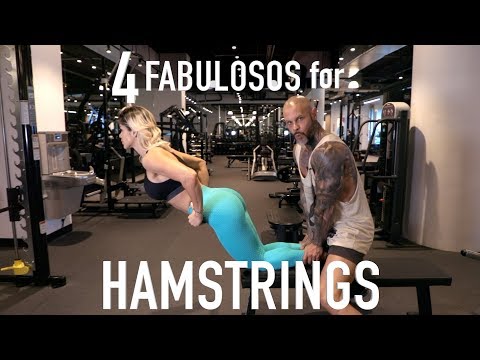
Crossfit is fighting to keep the government from regulating how Americans are taught to exercise. The health of the nation may be at stake.
—
Subscribe to our YouTube channel:
Like us on Facebook:
Follow us on Twitter:
Subscribe to our podcast at iTunes:
Reason is the planet’s leading source of news, politics, and culture from a libertarian perspective. Go to reason.com for a point of view you won’t get from legacy media and old left-right opinion magazines.
—
Almost everything the federal government has told the public about healthy diets over the past three decades may have been wrong. The U.S. Surgeon General suggested avoiding saturated fats and prioritizing grains and other carbohydrates. Low-fat products started filling the aisles at grocery stores, as families tried to follow the government’s infamous food pyramid. Obesity rates continued to climb, and some dissenting scientists and started questioning the consensus. The U.S. government and major health organizations were slow to react, but in recent years have finally started updating the official recommendations.
Is the exact same scenario about to play out in the fitness industry?
“All of these government agencies, all of our universities, they’ve all sat silent through one of the worst declines in health the modern world has ever seen,” says Greg Glassman, who’s the founder of Crossfit, which runs 13,000 gyms in the U.S. “And their response is still exactly wrong.” (Crossfit is a corporate donor to the Reason Foundation, the nonprofit that publishes this website.
Mark Rippetoe, a weightlifting coach and creator of the fitness program Starting Strength, has also been fighting licensure efforts. While Starting Strength differs from Crossfit in important ways, there are some commonalities, like promoting training with barbells and encouraging movements that aren’t approved by establishment players in the fitness industry.
“The state legislature that would adopt a statewide licensure program for exercise is composed of people who do not understand anything about the squat,” says Rippetoe, who advocates a “full squat” where participants dip below parallel as opposed to the less dramatic version promoted by ASCM.
Rippetoe and Glassman both believe that their unorthodox training methods would be imperiled by licensing regimes.
“The intersection of policy and politics is a very problematic one,” says Holden MacRae, a professor of sports medicine at Pepperdine University and a Crossfit member.
There’s some evidence that the same special interests that used the government and universities to influence nutrition science for the past several decades is employing similar tactics in the fitness industry to promote the message that it’s lack of physical activity, rather than sugar consumption, causing obesity and other chronic health problems. Once such example is the now-defunct Global Energy Balance Network, which shut down under public pressure after revelations that it was largely funded by Tthe Coca-Cola Company.
The American College of Sports Medicine’s newest venture, Exercise is Medicine, is an attempt to create a credentialing system to have doctors “prescribe” fitness trainers to patients and was underwritten by the Coca-Cola.
The company didn’t reply to requests for comment, and the American College of Sports Medicine declined to participate in this story. But ASCM’s website does say that it only advocates licensure for trainers working with clients with “medical conditions that require minimal to advanced clinical support.”
Glassman says this sort of regulatory capture is inevitable and is reason enough for the government to stay out of the health and fitness industries. Rippetoe agrees that government involvement is likely to do harm to the health of Americans.
“The competive marketplace is capable of sorting this out,” says Rippetoe. “Did I get stronger? Did I get more fit? These should be the criteria that a competitive marketplace provides for the profession.”
Watch the video above.
Produced by Zach Weissmueller. Field producer is Mark McDaniel. Additional camera by Alex Manning. Additional graphics by Brett Raney. Music by Elvis Herod and Podington Bear.






